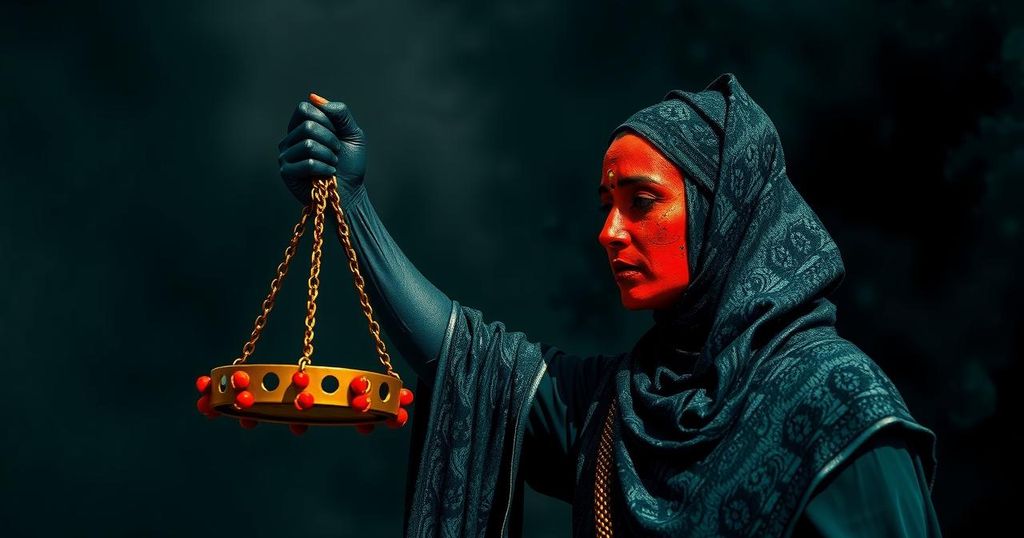Global news
AMNESTY INTERNATIONAL, AR, ARBITRARY DETENTION, ARRADON, ASIA, ASIA - PACIFIC, BOLIVIA, DEATH PENALTY, DILI, EAST TIMOR, HUMAN RIGHTS, HUMAN RIGHTS COURT, INDONESIA, INTERNATIONAL LAW, ISABELLE ARRADON, JAKARTA, LEGAL SYSTEM, MISSION, NEW YORK, NORTH AMERICA, SANTA CRUZ, SOUTH AMERICA, TIMOR - LESTE, TIMOR-LESTE, UN, UN SECURITY COUNCIL, UNITED NATIONS INTEGRATED, UNITED NATIONS INTEGRATED MISSION IN EAST TIMOR, UNITED STATES, UNMIT
Leila Ramsay
0 Comments
Justice for Timor-Leste: The Urgent Need for Accountability
Amnesty International calls for accountability for human rights violations committed during the Indonesian occupation of Timor-Leste, as the UN Security Council prepares for the withdrawal of its peacekeeping mission. Numerous atrocities, including unlawful killings and torture, have gone unpunished, with over 300 indicted individuals evading justice. The urgency for addressing these issues remains paramount as the international community is urged to prioritize justice for victims.
Amnesty International has asserted that individuals responsible for heinous acts during the Indonesian occupation of Timor-Leste must face accountability instead of remaining unpunished. This call for justice arises as the UN Security Council is preparing to discuss the withdrawal of its peacekeeping mission from Timor-Leste. The Indonesian security forces, along with their auxiliaries, engaged in egregious human rights violations between 1975 and 1999, including unlawful killings, enforced disappearances, sexual violence, and torture. Despite the gravity of these actions—many constituting crimes against humanity—not a single perpetrator has been held accountable within either Indonesia or Timor-Leste. Isabelle Arradon, Amnesty International’s Asia-Pacific Deputy Director, emphasized that the departure of the UN should not alleviate the international community’s obligation to pursue justice for the victims of these heinous crimes, stating, “Delivering justice for victims of these horrendous crimes must remain a priority.” As the Security Council convenes on November 12, a significant date that marks the anniversary of the Santa Cruz massacre, the ongoing lack of accountability for the tragedy remains a stark reminder of the brutal oppression faced by the Timorese people. The Santa Cruz massacre, which occurred in 1991, exemplified the atrocities inflicted by Indonesian troops against peaceful protestors in Dili, resulting in numerous deaths. Despite over 300 individuals being indicted for crimes against humanity related to their actions during this period, justice has not been achieved; Indonesian authorities have largely rejected cooperation with justice initiatives from Timor-Leste, hindering progress toward accountability for these past transgressions. Following a series of trials held in Jakarta, a small number of defendants faced charges for their roles in the violence during the 1999 independence referendum. However, many were acquitted upon appeal, exemplifying the ongoing struggles for justice. Arradon reiterated the urgent need for the UN to affirm commitments against impunity for those guilty of such atrocities and to maintain the importance of investigating these serious crimes on its agenda beyond the peacekeeping mission’s withdrawal.
The need for justice in Timor-Leste reflects a broader context of human rights violations that occurred during the Indonesian occupation from 1975 to 1999. This period was marked by severe repression, including mass killings and systematic torture. The international community has continually grappled with the need for accountability for these acts, particularly in light of the challenges faced by victims seeking justice. The UN’s role and the legacy of its peacekeeping operations also significantly shape discussions about human rights and accountability in the region, especially as the timeline for the withdrawal of peacekeeping forces draws nearer.
In summary, the international community must not overlook the urgent need for justice for victims of human rights abuses in Timor-Leste. Amnesty International’s calls emphasize that the withdrawal of UN peacekeeping forces should not diminish efforts to hold perpetrators accountable. Instead, it is imperative for the UN to uphold its commitment to justice and ensure that investigations into crimes against humanity remain a priority on its agenda, thereby honoring the memory of those who suffered during this dark chapter in history.
Original Source: www.amnesty.org




Post Comment